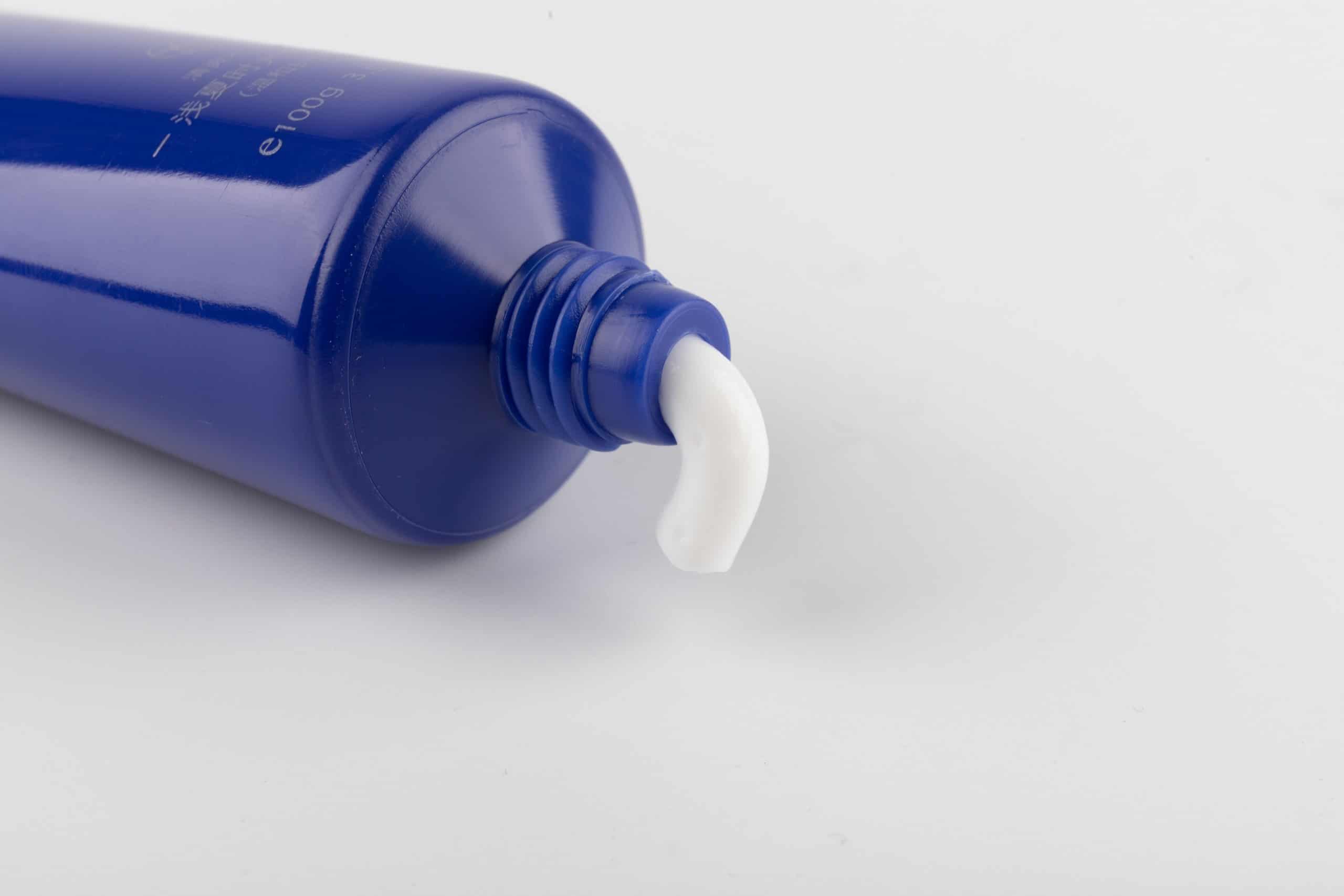Toothpaste and teeth cleaning are so common for us all that sometimes we may miss what we use to brush and how we undergo cleaning. For children, the choice of toothpaste is important as the ingredients in your little ones’ flavored toothpaste may affect health. In this post, we’ll take you through what you’ll find in your child’s toothpaste. You’ll understand the basics in no time. Let’s get going.
When Should You Start Brushing Baby’s Teeth?
As soon as the first tooth appears, parents should start cleaning their baby’s mouth with a damp washcloth or moistened gauze pad. As soon as your child is able to spit out what you’re putting on his teeth. This is usually after age 2.
It’s time for them to learn how to brush themselves. Make sure that they are using fluoride-containing toothpaste and always supervise children younger than 3 years old while brushing because those little mouths can get messy quickly.
Do Babys Need Toothpaste?
When will just one tooth appear, your child needs protection against cavities. Toothpaste with fluoride is the best option to prevent decay and protect those tiny new teeth from becoming weak or damaged over time.
Does my baby need toothpaste? The short answer is yes. As soon as a single farthest back molar appears there are always risks of cavities in all other teeth that follow it. Which can lead to trouble later on when they get their adult bite (or occlusion.)
According to the American Academy of Pediatrics along with ADA, parents should start using fluoridated toothpaste because having healthy enamel now may help save them from future problems like getting braces at 18 years old.
Detergents
Sodium lauryl sulfate is the common ingredient in toothpaste that kills bacteria, but there are other ingredients as well. Some of these alternative detergents include hydrogen peroxide and potassium sorbate which can also be found in mouthwash.
They kill BOTH types of oral bacteria,
They kill BOTH types of oral bacteria, the proteolytic enzyme-producing anaerobic organisms, and proteolytic enzyme-deficient aerobes.
Sweeteners
Toothpaste can taste exciting. That’s how the brands battle for sales. Each making their own fun flavors. But what makes the fun-tasting paste taste so fun? Artificial Sweeteners. Not to mention flavoring agents. These may not be great for oral health. Investigate the labels before using them.
Anti-Drying Agent
A majority of toothpaste products contain anti-drying agents to keep the product from drying out when it is stored on shelves. However, some organic brands have chosen not to include these ingredients in order to produce a more natural and healthy option that still works as well. Without this agent, the paste is hard to extract from the tube. Kids may find access to the paste hindered. This may make brush time harder than normal.
Thickening agent
Toothpaste also contains thickening agents, which makes it easier to work with. This is due in part to the gum molecules that make up these safe and healthy ingredients for children’s teeth. Some even have seaweed extract.
Abrasive Toothpaste
Many kinds of toothpaste contain abrasives, which are used to scrape away plaque and tartar from teeth. The common abrasive is calcium carbonate or baking soda. These rub against the surface of your teeth creating a smooth polished finish that can lead to gum erosion for children who don’t know how to brush their mouths properly yet.
Unless advised by your pediatric dentist, never let them use any type of toothpaste with an abrasion because they may not have mastered proper brushing techniques just yet.
Fluoride
This well-known and divisive fluoride which is a naturally occurring mineral present in every natural water source strengthens your dental enamel on a microscopic level. Fluoride can also help to neutralize bacterial acids in your child’s mouth, warding off decay and cavities for good! Never buy toothpaste that doesn’t contain fluoride. It could be detrimental to the benefits of brushing with it.
Conclusion
Are you ready to experience the top-quality dentist office difference? Contact Dr. Engel at Kinder Smiles today with any questions or to make an appointment for your child or teen. Our new dentist and orthodontic specialists are eager to make your appointments great and we can arrange a treatment plan to suit you.
- Which tip will you try first???
- Either way, let us know by leaving a comment below right now and continue the conversation



